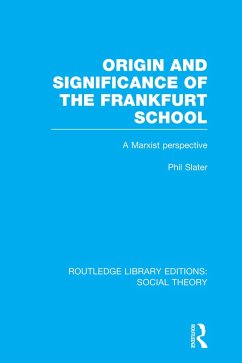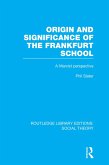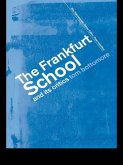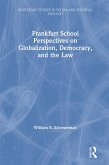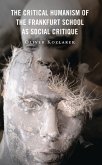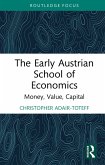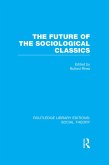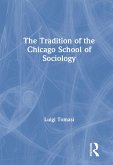Phil Slater traces the extent, and ultimate limits, of the Frankfurt School's professed relation to the Marxian critique of political economy. In considering the extent of the relation to revolutionary praxis, he discusses the socio-economic and political history of Weimar Germany in its descent into fascism, and considers the work of such people as Karl Korsch, Wilhelm Reich, Walter Benjamin and Bertolt Brecht, which directs a great deal of critical light on the Frankfurt School.
While pinpointing the ultimate limitations of the Frankfurt School's frame of reference, Phil Slater also looks at the role their work played (largely against their wishes) in the emergence of the student anti-authoritarian movement in the 1960s. He shows that, in particular, the analysis of psychic and cultural manipulation was central to the young rebels' theoretical armour, but that even here, the lack of economic class analysis seriously restricts the critical edge of the Frankfurt School's theory. His conclusion is that the only way forward is to rescue the most radical roots of the Frankfurt School's work, and to recast these in the context of a practical theory of economic and political emancipation.
Dieser Download kann aus rechtlichen Gründen nur mit Rechnungsadresse in A, B, BG, CY, CZ, D, DK, EW, E, FIN, F, GR, HR, H, IRL, I, LT, L, LR, M, NL, PL, P, R, S, SLO, SK ausgeliefert werden.

